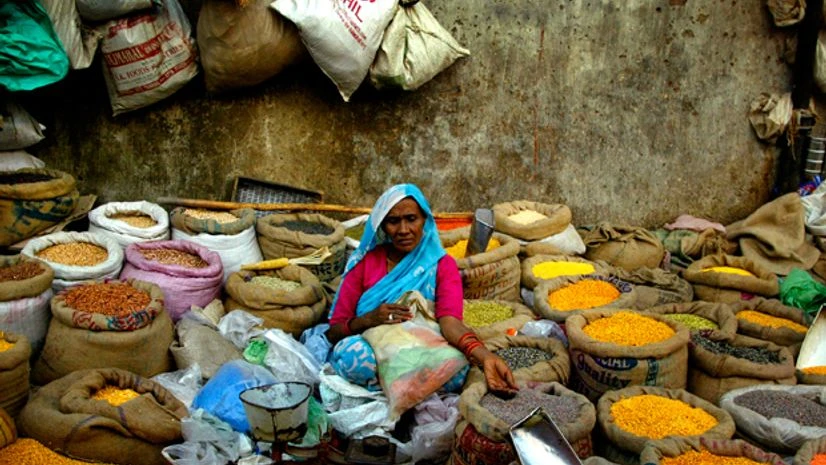India is looking to import pulses from Myanmar and African nations to counter a domestic shortfall of 7.6 million tonnes that has driven local prices of key pulses like chickpea to a record high, Food Minister Ram Vilas Paswan said.
More purchases by India, the world's top consumer of pulses, could help the country rein in its headline inflation, which hit a near two-year high in June on double-digit annual increases in prices of sugar, vegetables and pulses.
"The challenge of demand-supply gap of about 7.6 million tonnes (in pulses) is being addressed via public and private imports," Paswan tweeted on Thursday morning.
Earlier this month, India said it would help Mozambique cultivate pulses and then import them through government-to-government deals in the coming years.
India consumes nearly 22 million tonnes of pulses annually, but relies heavily on imports to meet demand as production has been hit by uncertain monsoons and irrigation problems. In the year to March 2016, overseas purchases accounted for about a quarter of the country's total consumption.
Also Read
As a result, pulses have become expensive in the country.
Chickpea prices, the most consumed pulse in India, have more than doubled in a year after back-to-back droughts curbed output in the country, prompting authorities to suspend futures trading in the protein rich food grain.
Prices will remain high until supplies rise, said Paswan, adding production is likely to increase this year due to good monsoon rains and the fact that farmers hiked the area under pulses cultivation due to better prices.
As of July 22, Indian farmers had cultivated pulses on 9 million hectares, versus 6.5 million hectares during the same period a year ago, farm ministry data shows.
State governments need to take measures to limit stock holdings and clamp down on hoarding to check the rise in prices, Paswan said.
"States can take action against hoarders and black-marketer's by imposing stock limits on traders. We can only give direction to states to take action against hoarders. We cannot do it ourselves because action-taking power rests with the states," he added.

)
